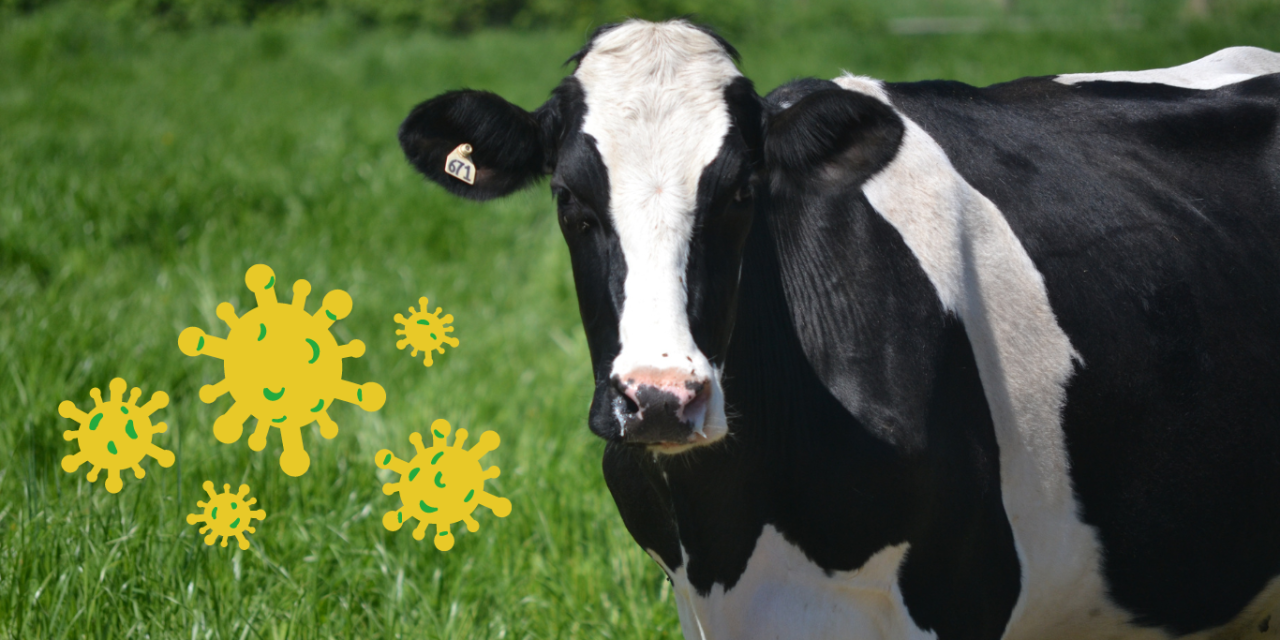Scientists warn that a bird flu virus, H5N1, currently spreading among US dairy cows, may pose a higher risk to humans than other strains. This virus has been confirmed on 140 farms across 12 states, with traces found in pasteurized milk sold in stores.
The outbreak likely started when cows in Texas contracted the virus from wild birds. At least four individuals working with the cows have been infected, experiencing only mild symptoms and not spreading the virus further.
Research from the University of Wisconsin-Madison reveals that the cow-specific H5N1 virus can bind to receptors in the human respiratory tract, a trait not seen in the bird variant. This indicates a mutation that enhances its ability to infect humans. The study also shows the virus can be transmitted through contaminated milk. Infected milk from a New Mexico cow sickened both mice and ferrets after consuming a single drop. However, additional tests on ferrets showed the virus does not spread easily through the air.
















